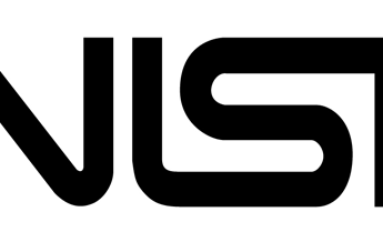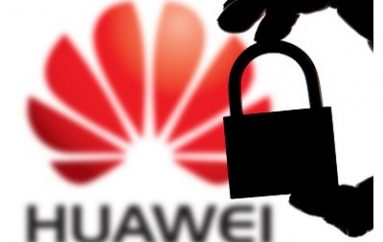
Coping with the needs of dynamic security
Your organisation lives on information. All your intellectual property is tied up in it and any value attributed to the business comes from that information.
Electronic information is physically held as data – and this data needs to be safe in order for information to be secure. And yet some organisations still believe that they are the best entities to manage basic security.
This means managing the technical and physical security of all IT assets and the data centre itself. Someone (or a group) within the organisation has to track what is happening in the data security world. Hackers, Trojans, worms, DDoS attacks, Ransomeware, APTs – you name it, all of these have to be considered as table stakes in the world of data protection.
Bring in the failure of Safe Harbor, the move to Privacy Shield, the EU GDPR becoming law in 2018 and the need for continuous assessment against ISO 27001 and the management of information security begins to look a little daunting. It is an organisation’s responsibility to recognise the processes required to stay up to date – but having to understand the nuts and bolts behind it all makes the issue even more complex.
If the data centre and IT equipment are owned by the organisation, then all the physical and technical security responsibilities lie on the organisation’s shoulders.
Consider instead a cloud platform. Cloud providers have to understand all aspects of security to the nth degree – their very survival depends on it. Outsider threats, secure data storage and movement and the physical security of the facility itself are all dealt with by the provider. The organisation can then focus on its information processes and how to add value through differentiating at this level.
Cloud platforms offer a means of keeping up with the dynamic nature of data security. Cloud providers will be able to secure an organisation’s data against hackers far more effectively than the majority of organisations could do themselves.
It’s a matter of priorities: an organisation should put its information first. A cloud provider can supply the underlying data security required.
Source | ZDNET





